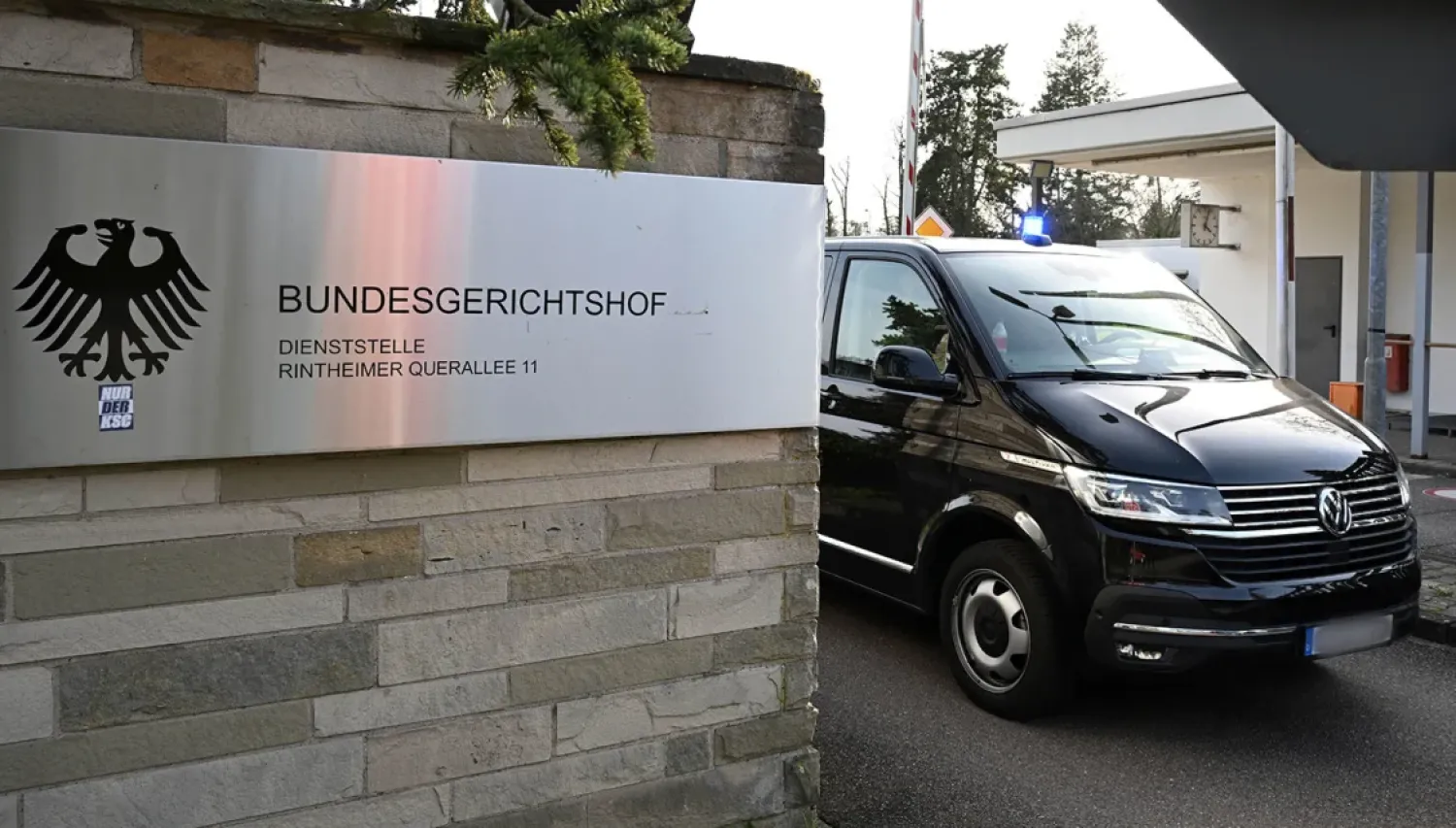The Federal Public Prosecutor's Office in Karlsruhe, southwest Germany, has charged two Afghans with conspiring to carry out a shooting near the Swedish Parliament.
One of the accused is said to be a member of ISIS, while the other is described as a supporter of the group.
Last March, Germany detained the two Afghan citizens accused of planning an attack on the Swedish parliament in response to the burning of copies of the Quran in Stockholm last summer.
At the time, the federal prosecutor’s office said two Afghan nationals identified as Ibrahim MG and Ramin N. were detained in the eastern German city of Gera on suspicion of plotting the attack.
The suspects have been in pre-trial detention since their arrest.
According to German authorities, ISIS-Khorasan instructed the suspects in the summer of 2023 to attack Europe “in response to the burning of the Quran in Sweden and other Scandinavian countries.”
The two men planned to use firearms to kill police and other individuals around the Swedish Parliament.
German officials revealed that the suspects, arrested last March in Gera, Thuringia, had taken “specific steps” in close coordination with ISIS-Khorasan, a branch primarily based in Afghanistan and Pakistan, to carry out their plot.
They also conducted online research on the crime scene and attempted unsuccessfully to obtain weapons.
Prosecutors accuse both men of belonging to or supporting a terrorist organization, as well as of arranging to commit a crime and violating the Foreign Trade and Payments Act.
Federal prosecutors said they filed the indictment on Aug. 12 to the state court in Jena, which will decide whether and when the case goes to trial.









